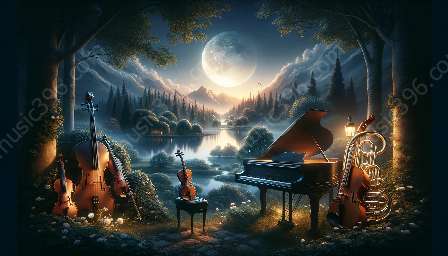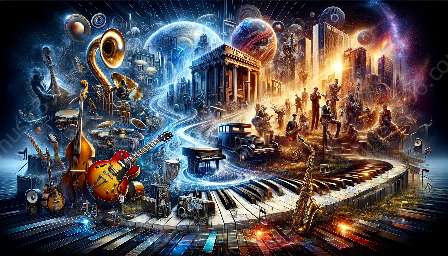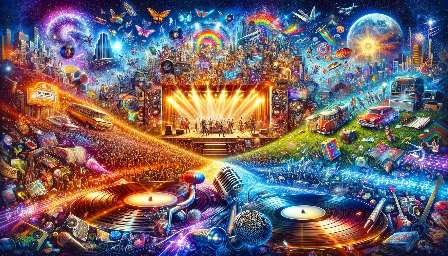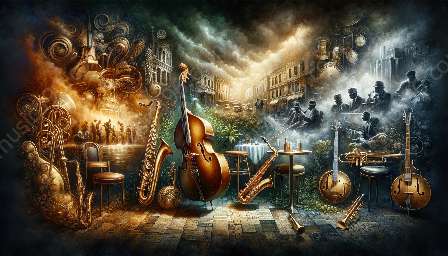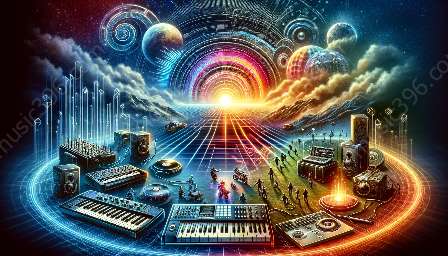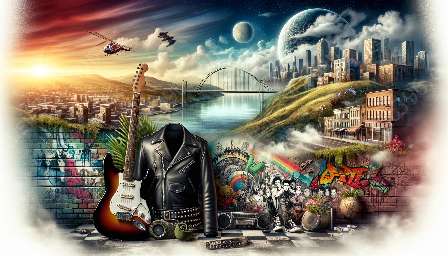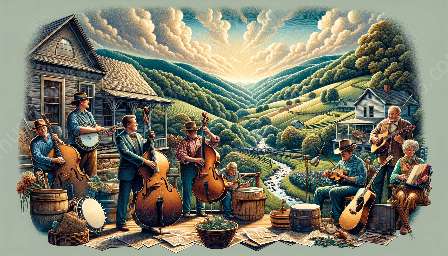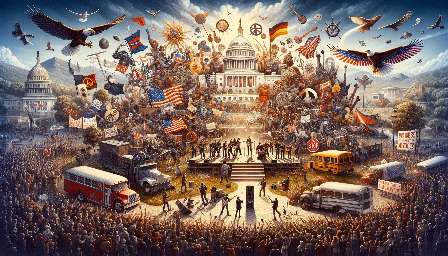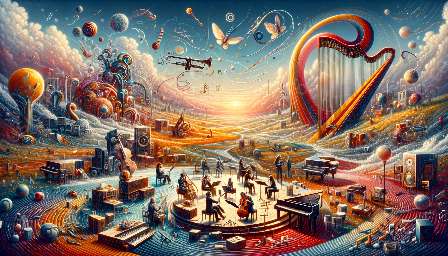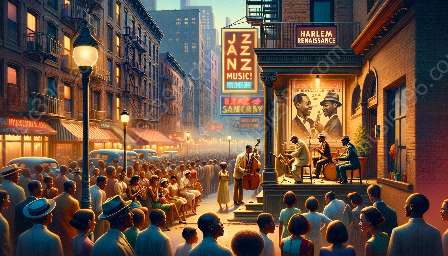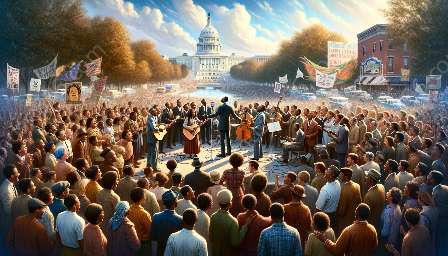The 1970s and 1980s witnessed the rise of disco music, a genre that had a profound impact on the mainstream music industry. To understand this impact, it is essential to delve into the history of disco music and the changes it brought about in the wider music landscape.
History of Disco Music
Disco music emerged in the 1970s, with its roots traced back to the urban nightlife scene, particularly within the African American and LGBTQ+ communities. The genre's sound was characterized by its rhythm-driven beats, lush orchestrations, and pulsating bass lines, creating an infectious and danceable groove that captivated audiences.
Disco's origins can be linked to different musical genres such as funk, soul, and rhythm and blues, blending elements from each to form a unique and vibrant style. Early disco tracks often featured extended instrumental sections and catchy melodies, contributing to its popularity in clubs and dance floors across the US and eventually worldwide.
Impact on Mainstream Music Industry
Disco music's influence transcended the dance floor, permeating into the mainstream music industry and significantly shaping its trajectory. Several key ways highlight disco's impact on mainstream music during the 1970s and 1980s:
1. Commercial Success
One of the most notable impacts of disco on the mainstream music industry was its commercial success. Disco tracks dominated the charts, with artists such as Donna Summer, Bee Gees, and Gloria Gaynor achieving widespread acclaim and record sales. The genre's popularity led to a surge in disco-themed films, fashion, and lifestyle, establishing a multi-dimensional cultural phenomenon.
2. Dance and Club Culture
Disco music revolutionized the way people engaged with music, particularly through dance and club culture. The rise of discotheques and nightclubs as prominent social spaces created a vibrant environment where people could immerse themselves in the music and express themselves through dance. This cultural shift had a lasting impact on the music industry, leading to the integration of dance-oriented elements in various mainstream genres.
3. Musical Fusion
Disco's widespread influence extended to diverse musical genres, fostering a spirit of musical fusion and experimentation. Elements of disco, such as its pulsating rhythms and electronic instrumentation, began to influence pop, rock, and R&B music, leading to the emergence of





